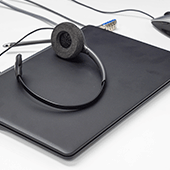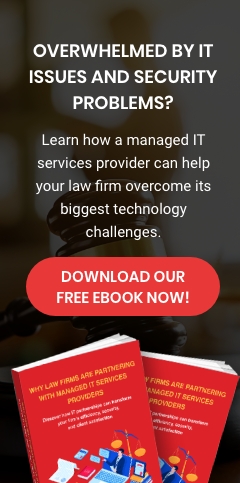
Choose your provider wisely
When choosing which VoIP system to adopt for your company, carefully evaluate the service level agreements offered by each provider. Inquire about the provider’s security and availability guarantees and how these will be achieved.
Ideally, you must partner with the firm that can host your VoIP systems in facilities that are safe from local disasters such as flash floods or earthquakes. Your provider should also employ advanced network security solutions to protect your calls and data.
Invest in VoIP monitoring services
Before implementing any of the next two VoIP continuity solutions, install a third-party VoIP monitoring service to keep tabs on the status of your phone system. This tool will identify all network issues disrupting your phone system, enabling you to resolve them quickly.
Have a backup broadband line
Since VoIP solutions are dependent on internet connections, you should have a backup or alternate internet service provider (ISP) in case your main network goes down.
Have one ISP dedicated to your VoIP service and another supporting your main computer network. Once you’ve installed both networks, you can then program them to automatically transfer services to the other should one network fail. Thus, if your main phone network goes down, your VoIP solution switches to the other network and suffers no interruptions.
Of course, subscribing to two separate ISPs will increase your internet expenses. But if you perform a cost-benefit analysis, you’ll find that the cost to maintain both is far less than the cost of downtime in case your only ISP were to fail.
Route calls to mobile devices
Cloud-based VoIP solutions allow you to choose where you receive your calls with call forwarding — a feature that automatically reroutes incoming calls to other company-registered devices. This enables staff to receive work-related calls when they’re out of the office on a remote assignment, working at home, or when your main office is hit by a local disaster or network outage.
To benefit from this feature, register all employee mobile devices to your VoIP system and configure such devices to receive rerouted calls. Don’t forget to set policies for remote working. For instance, you should forbid staff from connecting to public Wi-Fi networks because this can put them at risk of cybercriminals eavesdropping on VoIP conversations.
Test your continuity measures regularly
There’s little value in VoIP continuity and disaster recovery strategies if they end up failing when you need them the most. Test your VoIP service and check whether contact details are up to date, call forwarding features are routing calls to the right devices, and your backup internet service works. Ultimately, your goal is to find flaws in your strategies and make the necessary adjustments to avoid potential hiccups from occurring in the future.
If managing VoIP is too time-consuming and complex, call our professionals today. We design, implement, test, and monitor powerful, disaster-proof VoIP phone systems to ensure your communications are always online.


You must be logged in to post a comment.